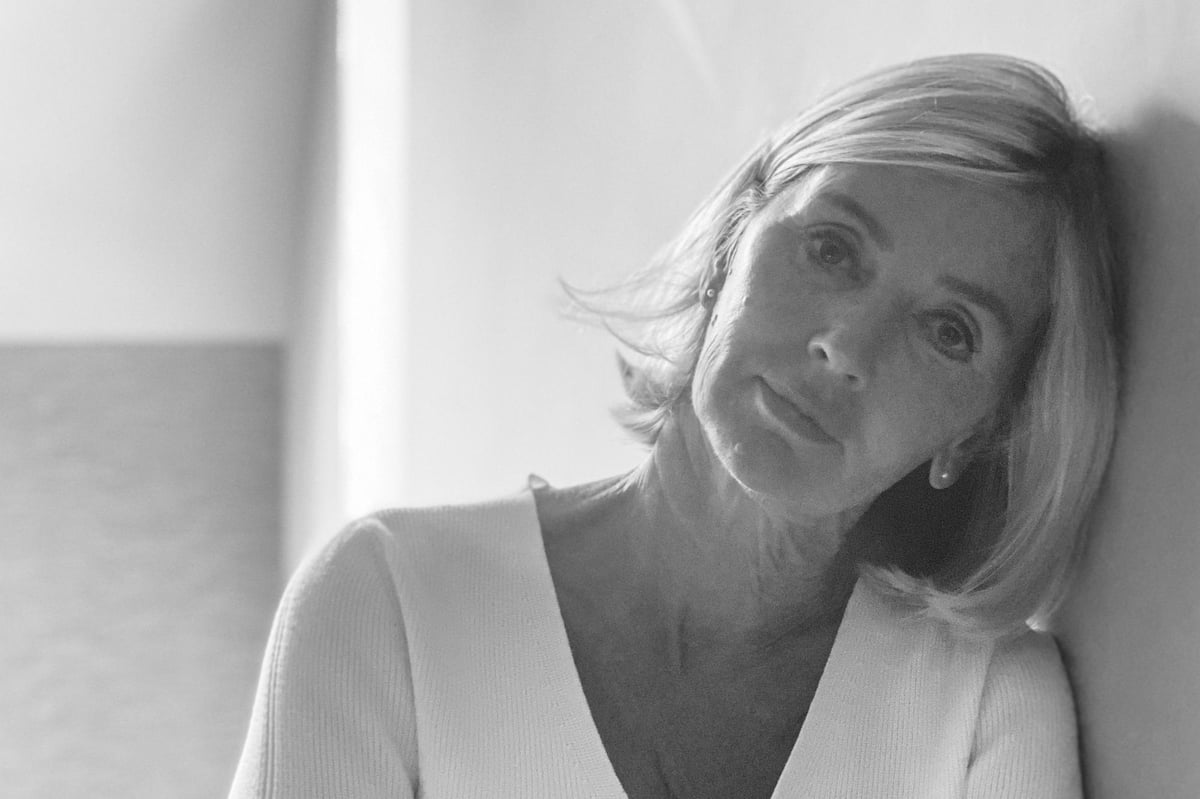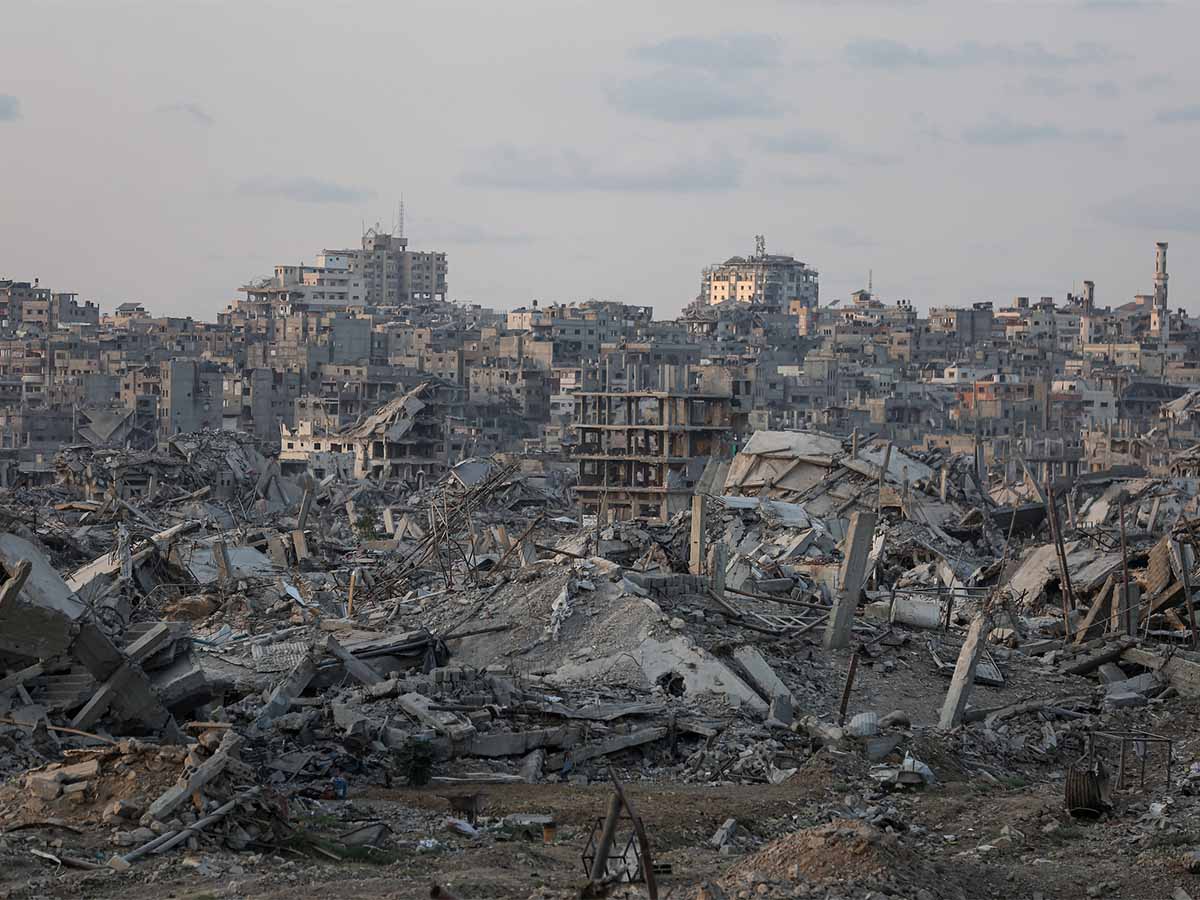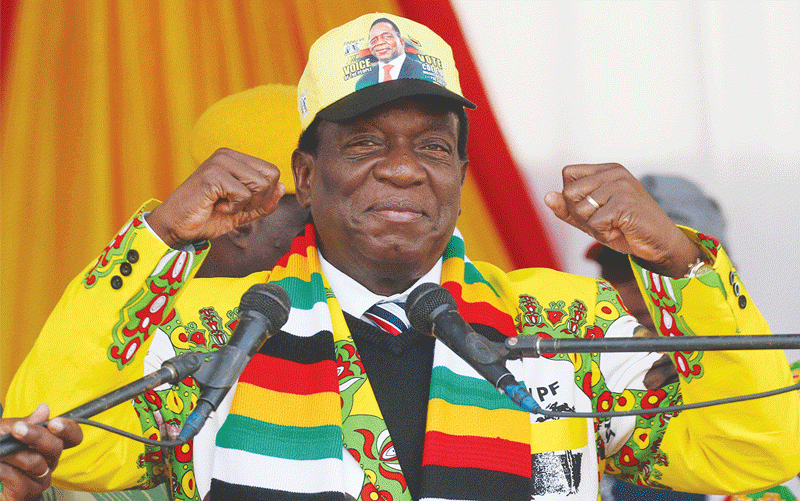Copyright derryjournal

Like the rest of us, I grew up during the Troubles in the North, in a place where fear was part of everyday life. You learned the sound of danger early, the whine of a British Saracen or Pig on patrol, the thud of boots, the crashing of glass bottles, the way the streets could break out in riots in seconds. I remember the smell of petrol bombs and fires, the nights you couldn’t sleep for house raids. That was normal. Our normal. When I left Derry in the early 90s for London, I thought I was leaving all that behind. But the first weekend I arrived, the Brixton riots broke out in Stoke Newington where I had a tiny bedsit. I stood on a street corner watching smoke balloon out of shop windows, people running, shouting, police sirens. It was chaos, a familiar chaos. I remember thinking, so this is peace, is it? London was tough then, but buzzing. People worked hard, drank harder, laughed louder. I made a life there, like so many others who’d left Ireland before me - the emigrants, the runaways, the dreamers, like me. And yet, no matter how far you travelled, that old tension lived inside you, a kind of muscle memory. I’ll never forget July 7, 2005. I was having breakfast in Liverpool Street, getting ready to head to work when I heard the explosion. I couldn’t believe it. The sound was unmistakable. I turned to my husband and said: ‘That’s a bomb.’ He looked at me, baffled, but I knew. You don’t grow up in the North and mistake that sound for anything else. It’s a sound you never forget. And now, back living in Ireland, I’ve watched the last few years with a mix of sadness and disbelief. The anger. The division. It’s still here. The protests on our streets - especially the scenes in Dublin – pre-planned online, people shouting about emigrants, asylum seekers, refugees coming here. I’ve seen that look in people’s eyes before. The fear, the blame, the “us and them”. It’s strange how quickly memory fades. Because the truth is, we Irish have scattered across every corner of the world. More than 30 million Americans claim Irish ancestry. The Irish diaspora is one of the largest in history. Didn’t we leave these shores in waves, fleeing hunger, poverty, and violence? Then we arrived on foreign soil, frightened but hopeful. We were the ones who built new lives and communities abroad. And now, when others try to do the same here, we turn our backs on them. Maybe I’m naïve, but I thought we’d have learned by now. That our history over hundreds of years - all that struggle, all that loss - might have softened us up somehow. Helped us understand, but it seems the same old story plays out again and again: new faces, same fear, same politicians whipping it up, pretending to have answers or trying not to answer. Truthfully. The world feels angrier now. Maybe it’s the internet, maybe it’s the cost of living, maybe it’s people just worn down. But when I hear crowds chanting against people who’ve come here for a better life, I can’t help but think of myself, and so many others who left Ireland before me. We were migrants too. And not everyone welcomed us. We know that feeling. I’m not saying Ireland doesn’t have our own problems, of course we do. Housing, jobs, education and health services stretched to breaking point. But shouting at people who’ve already lost everything isn’t the answer. It’s history repeating itself. When I was a girl, I thought the Troubles would never end. Then, for a while, I believed The Good Friday Agreement would fix everything. Now I’m not so sure the world changes at all. The faces do, the slogans do, but the anger stays the same. Has the world got better? Maybe on paper. There’s peace in the North, at least a version of it. I can walk through Derry now, enter shops without British checkpoints or sangars on the walls. But scratch the surface and the divisions are still there - just dressed differently. What I saw in Dublin reminded me of the past, not the future. People shouting about who belongs where and who doesn’t. It’s the same old song, different verse. If we can’t look at those arriving and see a reflection of who we were - frightened, hopeful, desperate for a new start - then we’ve learned nothing. The Troubles taught me a lot about hate, but more about survival. About holding on to humanity and community when everything around you falls apart. Maybe that’s what’s missing now - humanity. We seem to forget so quickly. Forget what it feels like to be on the outside looking in. Forget what it means to have to start with nothing. Thinking of all the experiences I’ve had in my life - Derry in the seventies, Brixton in the eighties, London on 7/7 - I wonder: have we really moved on at all? Because to me, it looks like the same old troubles, just in different clothes. You can find out more about the author at Jane Buckley’s website. Visit https://janebuckleywrites.com



